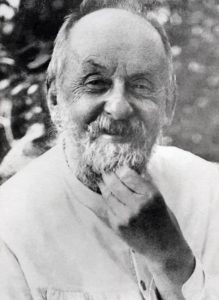
Here we want to prove the contrary: it is quite impossible to doubt inhabitance of numberless planets.
There is undoubted knowledge, although currently it is impossible to verify it. For example, chemical composition of suns’ surface is known in theory. However, we have not hold a single crumb of their substance in our hands. Much is known about celestial bodies. For example, their sizes, distances, densities. But nobody measured all this directly, and only theoretical verification of this knowledge is possible. Nobody saw atoms, however, they undoubtedly exist. Similarly, there are solid grounds for complete confidence in existence of numerous units of nonearthly habitants.
Which are these grounds? We will name them.
- All these trillions of suns and all rarefied gaseous masses of the above consist of the same substance as the Earth is composed of.
- All planets separated from suns. Therefore, they are also composed of the same matter as the matter which our planet is formed of.
- All celestial bodies are subject to gravity. Therefore, weight is found on all planets.
- There are liquids and gases on all major planets.
- All planets are exposed to the same rays of their suns.
- Almost all planets have day-and-night cycles and seasons.
It is evident from the above that planets from various solar systems differ from one another only quantitatively, not qualitatively. Well, they are of different size, have different gravity, different depth of their oceans, different atmospheric depth, they have different mean temperature, different duration of day-and-night cycles and year, different harshness of climate, etc. But, certainly, there are planets extremely similar to the Earth.
